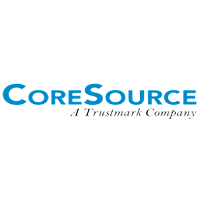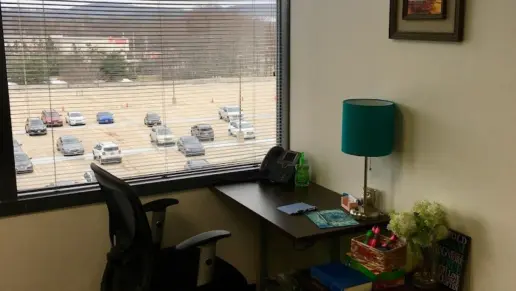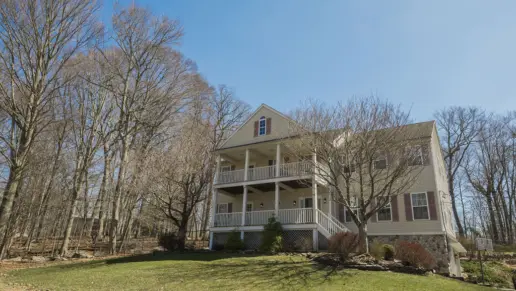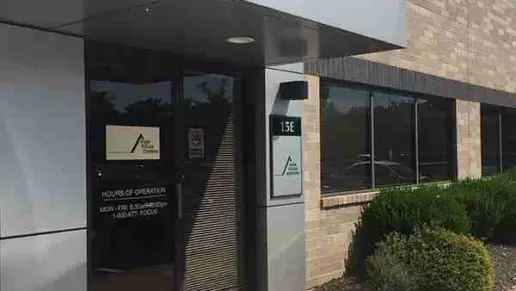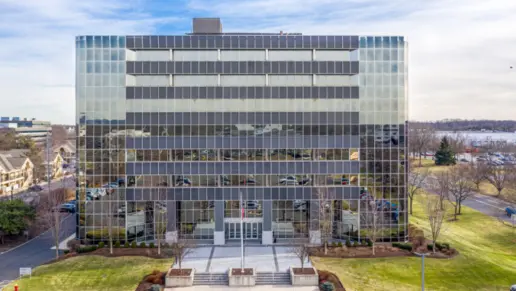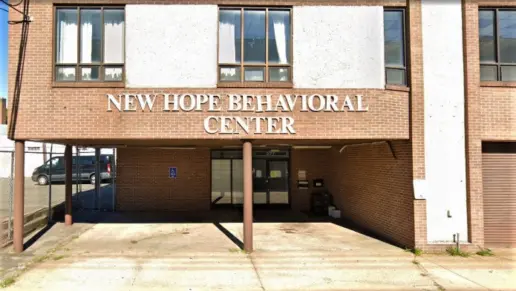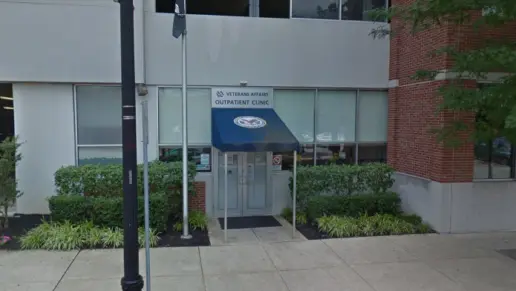Recently my daughter was in Gen substance abuse inpatient. This facility should be shut down and fined for endangering people's lives and complete lack of qualified staff. There are no family sessions, and communication with family was discouraged. Counseling sessions were m ...
About GenPsych Foundation
GenPsych Foundation is an outpatient drug and alcohol addiction treatment center in Bridgewater, New Jersey. They have a lot of mental health programs and are best known for mental health, but one of their services is dedicated substance abuse treatment. They help people with addiction and those who have a dual diagnosis.
Their two main levels of treatment are a partial hospitalization program (PHP) and an intensive outpatient program (IOP). These are similar because they both have intensive treatment schedules that are mostly based in group therapy while you live at home or in a sober living house. The difference is that the PHP has more hours of treatment per week, so it’s designed for an earlier stage of recovery or a more severe addiction compared to the IOP.
In either case they use evidence based techniques like motivational interviewing and cognitive behavioral therapy. Throughout your program you’ll work through the challenges that come with recovery and learn how to live life without drugs and alcohol. You’ll also get an education in addiction, and you’ll have relapse prevention classes too. Peer support is a big part of the program as well, so you’ll develop a strong and supportive community.
They take a non-confrontational approach here, which emphasizes support and positive reinforcement rather than shame or criticism. A typical program lasts for about eight to 12 weeks.
Some clients say that the administrative process is frustrating and complicated. Others didn’t have any issues, though, and say that the therapists are caring and knowledgeable. Most of the concerns clients have are related to medication refills, so it may be best to allow some extra time for communications and details when it comes to medications.
Latest Reviews
Rehab Score
Gallery
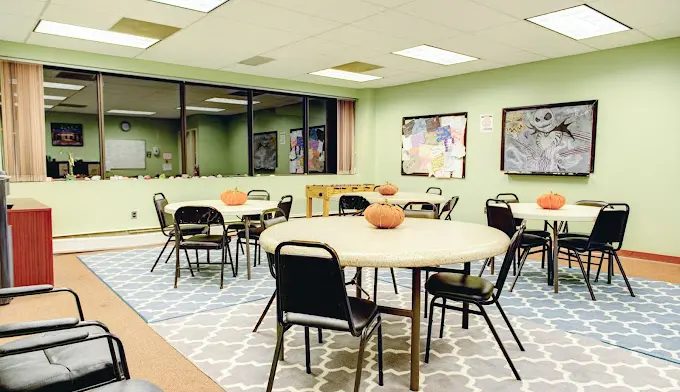
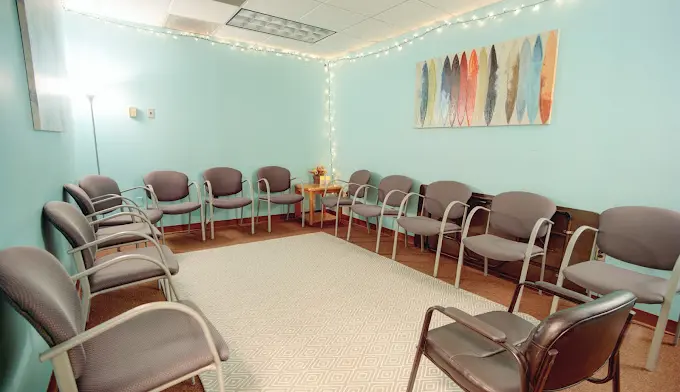
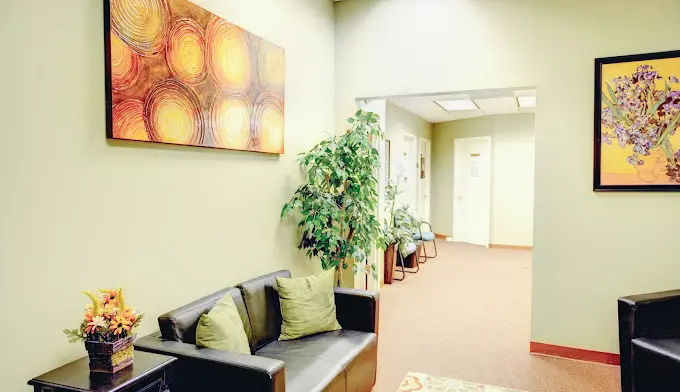
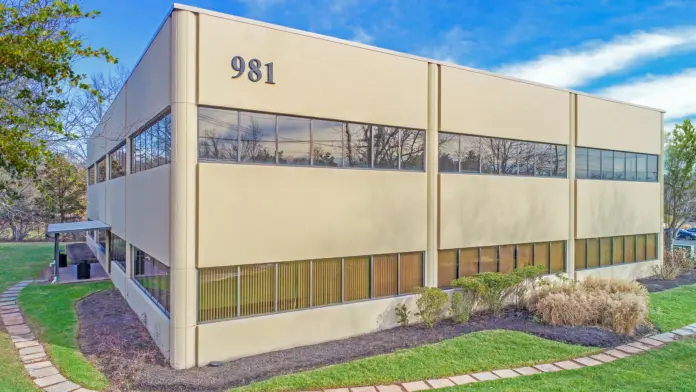
Location
Accepted Insurance




Other Forms of Payment
Private insurance refers to any kind of healthcare coverage that isn't from the state or federal government. This includes individual and family plans offered by an employer or purchased from the Insurance Marketplace. Every plan will have different requirements and out of pocket costs so be sure to get the full details before you start treatment.
Self-pay involves paying for treatment out of your own pocket. You can use savings or credit, get a personal loan, or receive help from family and friends to fund your treatment. If you don't have insurance or your insurance plan doesn't cover a specific program, self-pay can help ensure you still get the care you need.
Military members, veterans, and eligible dependents have access to specific insurance programs that help them get the care they need. TRICARE and VA insurance can help you access low cost or no cost addiction and mental health treatment. Programs that accept military insurance often have targeted treatment focused on the unique challenges military members, veterans, and their families face.
Medicaid is a state based program that helps lower-income individuals and families pay for healthcare. Medicaid covers addiction treatment so those enrolled can use their coverage to pay for rehab. When a program accepts Medicaid the client often pays very little or nothing out of their own pocket.
Addiction Treatments
Levels of Care
Treatments
The goal of treatment for alcoholism is abstinence. Those with poor social support, poor motivation, or psychiatric disorders tend to relapse within a few years of treatment. For these people, success is measured by longer periods of abstinence, reduced use of alcohol, better health, and improved social functioning. Recovery and Maintenance are usually based on 12 step programs and AA meetings.
Drug rehab in New Jersey is the process of addressing the complex issues involved with addiction. Challenges are identified and addressed through individual and group counseling. Participants learn how to manage these issues without the use of substances.
Their Dual Diagnosis/Substance Abuse Programs simultaneously address challenges derived from chemical dependence and those associated with mental health disorders. Many who struggle with addictions and mental health woes feel powerless and trapped, with little hope of regaining control. However, our clients possess reservoirs of strength and resilience that they often do not know exist. These keys to sustained recovery and mental health quality are emphasized in their Substance Abuse Program.
A combined mental health and substance abuse rehab has the staff and resources available to handle individuals with both mental health and substance abuse issues. It can be challenging to determine where a specific symptom stems from (a mental health issue or an issue related to substance abuse), so mental health and substance abuse professionals are helpful in detangling symptoms and keeping treatment on track.
Opioid rehabs specialize in supporting those recovering from opioid addiction. They treat those suffering from addiction to illegal opioids like heroin, as well as prescription drugs like oxycodone. These centers typically combine both physical as well as mental and emotional support to help stop addiction. Physical support often includes medical detox and subsequent medical support (including medication), and mental support includes in-depth therapy to address the underlying causes of addiction.
Programs


Clinical Services
Cognitive Behavioral Therapy (CBT) is a therapy modality that focuses on the relationship between one's thoughts, feelings, and behaviors. It is used to establish and allow for healthy responses to thoughts and feelings (instead of unhealthy responses, like using drugs or alcohol). CBT has been proven effective for recovering addicts of all kinds, and is used to strengthen a patient's own self-awareness and ability to self-regulate. CBT allows individuals to monitor their own emotional state, become more adept at communicating with others, and manage stress without needing to engage in substance abuse.
The core skills of DBT are zen mindfulness-based, teaching clients how to increase awareness by noticing thoughts, feelings, and body sensations, and then strengthening attention back to the present moment. There are programs available to treat both adults and adolescents within a rolling twelve week skills training cycle. GenPsych is unique because they are dedicated to implementing the philosophies and strategies of DBT not only within their fully structured DBT program, but in their Mental Health and Substance programs as well.
Group therapy is any therapeutic work that happens in a group (not one-on-one). There are a number of different group therapy modalities, including support groups, experiential therapy, psycho-education, and more. Group therapy involves treatment as well as processing interaction between group members.
In individual therapy, a patient meets one-on-one with a trained psychologist or counselor. Therapy is a pivotal part of effective substance abuse treatment, as it often covers root causes of addiction, including challenges faced by the patient in their social, family, and work/school life.
Motivational Interviewing (MI) is a clinical approach to helping people with substance abuse issues and other conditions shift behavior in positive ways. It is more goal-oriented than traditional psychotherapy, as MI counselors directly attempt to get clients to consider making behavioral change (rather than wait for them to come to conclusions themselves). Its primary purpose is to resolve ambivalence and help clients become able to make healthy choices freely.
Trauma therapy addresses traumatic incidents from a client's past that are likely affecting their present-day experience. Trauma is often one of the primary triggers and potential causes of addiction, and can stem from child sexual abuse, domestic violence, having a parent with a mental illness, losing one or both parents at a young age, teenage or adult sexual assault, or any number of other factors. The purpose of trauma therapy is to allow a patient to process trauma and move through and past it, with the help of trained and compassionate mental health professionals.
Most experts in couples therapy are trained in several modes of treatment. This allows your therapist to draw from various techniques to personalize your therapy for your needs. This may include cognitive, emotional, and behavioral methods, which are all designed to help you strengthen your relationship.
Research clearly demonstrates that recovery is far more successful and sustainable when loved ones like family members participate in rehab and substance abuse treatment. Genetic factors may be at play when it comes to drug and alcohol addiction, as well as mental health issues. Family dynamics often play a critical role in addiction triggers, and if properly educated, family members can be a strong source of support when it comes to rehabilitation.
Life skills trainings involve all the skills a person must have in order to function successfully in the world. These include time management, career guidance, money management, and effective communication. Truly successful addiction recovery is based on the ability to not only live substance-free, but to thrive. Life skills teaches the practical necessities of functioning in society, which sets clients up for success in life, and therefore sobriety.
Amenities
-
Private Setting
-
Yoga Studio
Accreditations

The Joint Commission, formerly known as JCAHO, is a nonprofit organization that accredits rehab organizations and programs. Founded in 1951, the Joint Commision's mission is to improve the quality of patient care and demonstrating the quality of patient care.
Joint Commission Accreditation: Yes

State Licenses are permits issued by government agencies that allow rehab organizations to conduct business legally within a certain geographical area. Typically, the kind of program a rehab facility offers, along with its physical location, determines which licenses are required to operate legally.
State License: New Jersey






